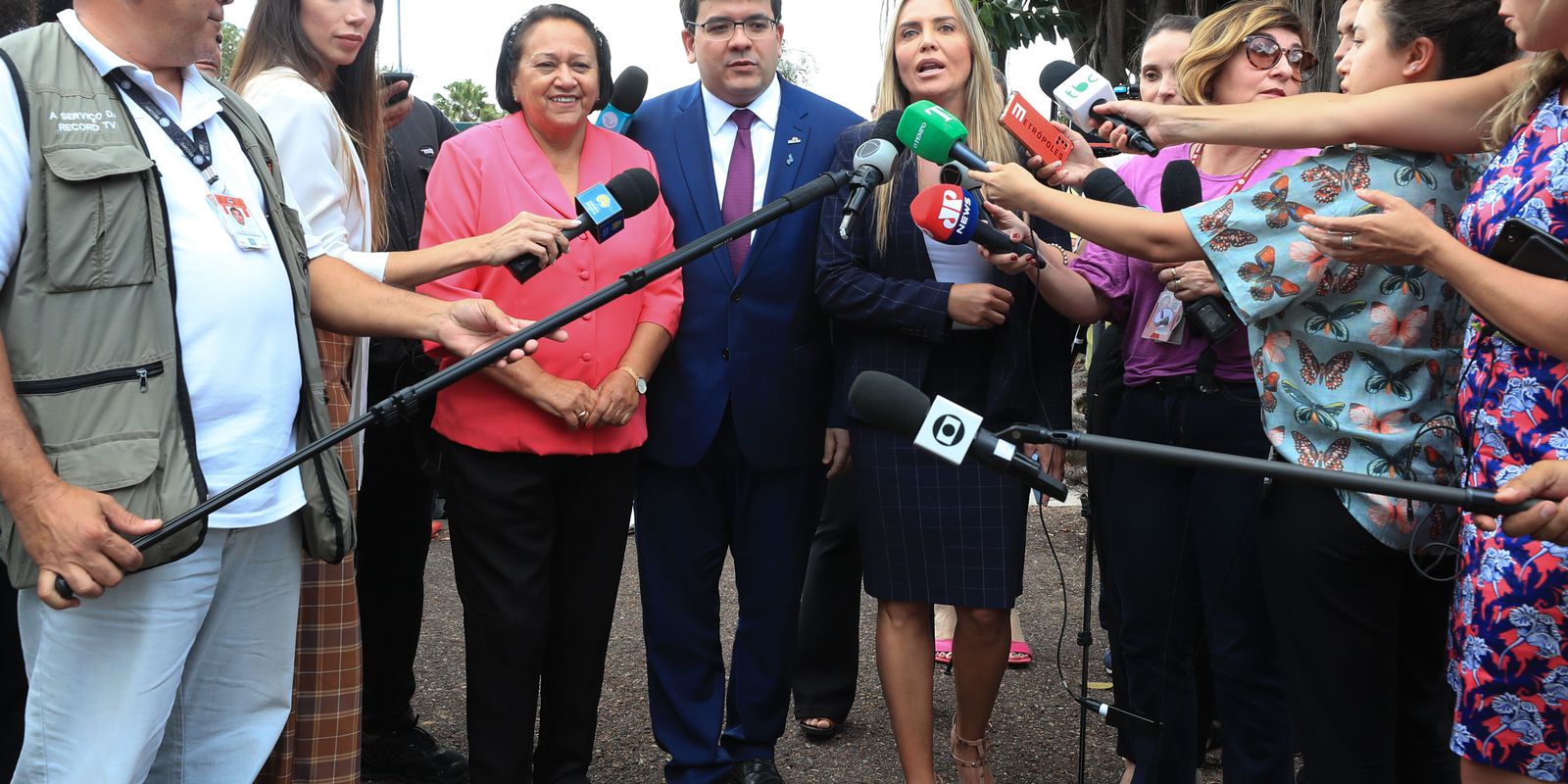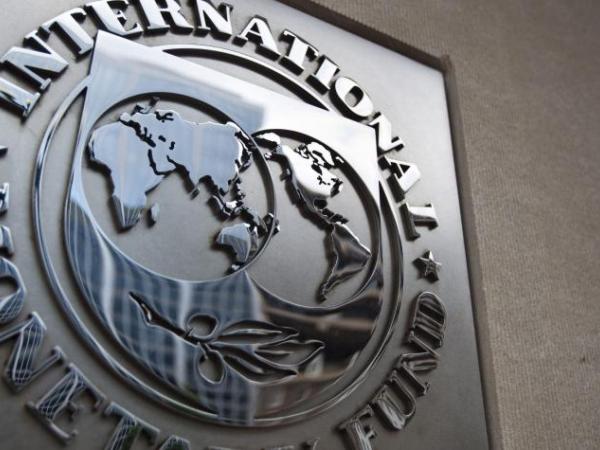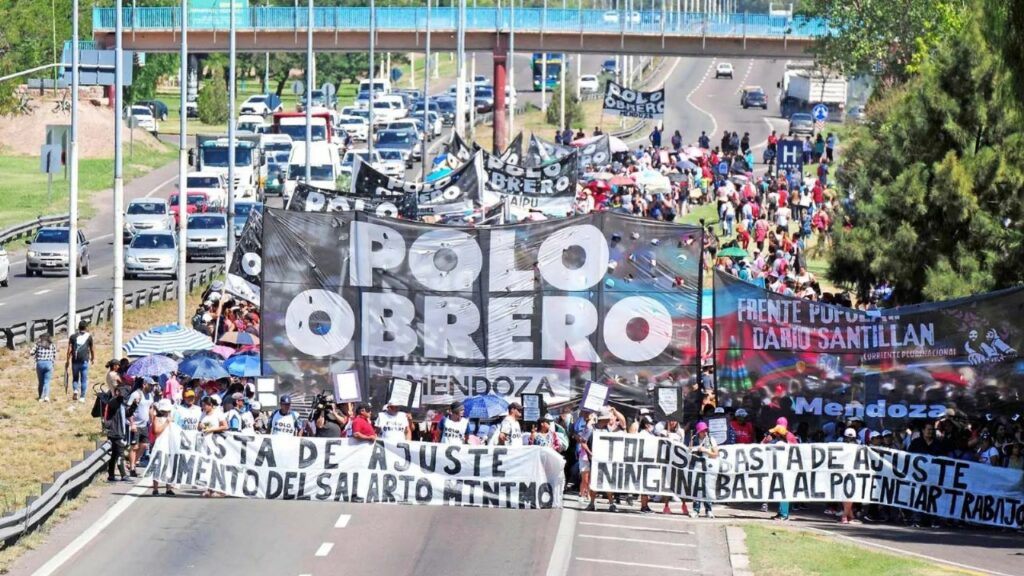The working group of governors that works to build an agreement so that the states and the Federal District can compensate for “lost” resources with the changes in the ICMS (a state tax) on items such as fuel during the government of former President Jair Bolsonaro, spent the morning of this Wednesday (14) in Brasília meeting with the mayors of the Chamber, Arthur Lira (PP-AL), and of the Senate, Rodrigo Pacheco (PSD-MG).
“It is a discussion that is advanced, but not yet finalized, but we will take all the necessary care to ensure that this agreement is endorsed by all powers, by the Union, by the 27 governors, by the National Congress and by the Federal Supreme Court”, he said. the governor of Piauí and coordinator of the group, Rafael Fonteles.
Fonteles also said that, although advanced, the conversations with representatives of the Three Powers have divergences in the formula for making the calculations between the National Council of Finance Secretaries of the States and the Federal District (Consefaz), which estimates losses at BRL 45 billion, and the National Treasury, which has a much lower estimate. The divergences, explained the governor, have to do with the trigger that involves monetary correction and some questions about methodology in relation to the year and the semester.
“This is what we are advancing with the minister [da Fazenda] Fernando Haddad. The idea is to do something that is firm, safe and permanent so as not to surprise the states, as happened last year,” said Fonteles.
Term
The governors are in a hurry to recover the values of the ICMS collection. According to the group, the expectation is that by the beginning of March the solution with the consent of all states and powers of the Republic will be built.
“The tax reform agenda is a priority for the Governors Forum. We have to move forward on this matter. We now need, in this first semester, measures that can mitigate the impacts that the states have been having as a result of the loss of revenue. This agreement that we are building in a healthy way, because we are in dialogue with all powers. We leave here very confident that we will move forward so that we can finally reach an understanding”, highlighted the governor of Rio Grande do Norte, Fátima Bezerra (PT).
On Twitter, after the meeting, the president of the Senate, Rodrigo Pacheco, stated that the House closely follows the negotiations of the governors who seek to make the terms of the agreement compatible with the budgetary needs of the states, but without this having an impact on tariffs and harming consumers. “There is consensus on important points, for the benefit of legal certainty,” he said.
In addition to the governor of Piauí, Rafael Fonteles, the governors of Amazonas, Wilson Lima (União Brasil), Goiás, Ronaldo Caiado (União Brasil), Goiás, Ronaldo Caiado (União Brazil); from Rio Grande do Norte, Fátima Bezerra (PT); the Acting Governor of the Federal District, Celina Leão, and the Deputy Governor of Tocantins, Laurez Moreira (PDT); the first vice president of Consefaz, Cris Schimidt, and the attorney general of the Federal District, Ludmila Lavocat Galvão.
Historic
ICMS is a state tax levied on fuel and other essential services. Last year, two complementary laws were approved that reduced the rates for this item, leading to a drop in state revenue. The governors estimate that in 2022 alone, after the legislation comes into force, the loss of revenue in the state coffers will exceed R$ 33.5 billion.
A Complementary Law 194 determines the application of ICMS rates at the floor of 17% or 18% for essential products and services when levied on goods and services related to fuel, natural gas, electricity, communications and public transportation. already the Complementary Law 192 unified the method of calculating ICMS, specifically on fuel, which became a unit of measurement, instead of a percentage of the average price of the product sold at service stations.
One of the ways out to recover the tax collection is in the regulation of a device of Complementary Law 194 that establishes compensation, by the Union, when the loss of revenue of a state exceeds 5% in relation to the collection of 2021. Other ways are the discussions via the National Congress, of a tax reform, for example, or even by the STF, which already has actions that question the constitutionality of the two complementary laws.
stf
On Monday (13), the plenary session of the Federal Supreme Court (STF) considered the rules governing the collection of ICMS to be constitutional in interstate operations and installments intended for the final consumer and not for the taxpayer.
















